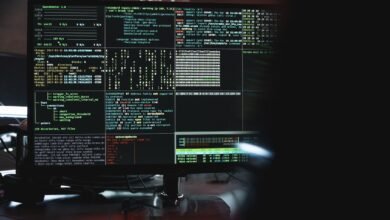What You Need to Know About ‘Juice Jacking’

What does “Juice Jacking” mean? Juice Jacking is the practice of criminals placing malware on cables and/or public charging stations in order to infect phones and other electronic devices belonging to unwary users.
Hotels, airports, and even shopping centers may have these charging stations. When a device is linked, malware will automatically install and export data and passwords, or even lock the device.
READ MORE: The Most Common Cyber Threats Faced by a Business (and How to Recognize Them)
More information about the background of “Juice Jacking” can be found here.
So how can you stop it?
. Never make use of a public charger
. Bring your own AC adapter and cables when you travel in case you need to recharge your batteries.
. Never charge your phone using a computer or connections that belong to someone else.
Here are a few more cybersecurity pointers for people who travel frequently:
. Update all of your operating systems, programes, and applications. Installing these while you’re driving can be a major hassle and consume a lot of bandwidth.
. In case your device is damaged, lost, or stolen, be sure you have a backup of all your data.
. Be cautious when posting about your travel arrangements on social media, and avoid making your vacation dates public. You don’t want burglars to be aware of when your house is vacant.
. Be cautious when using insecure public Wi-Fi at restaurants, hotels, and other public places. Never access sensitive data if you must use the Wi-Fi. Use a VPN if you need to conduct any online business, such as accessing your bank account.
READ MORE: A Comprehensive HIPAA Compliance Checklist for 2022
. Never access critical information on a public computer.









